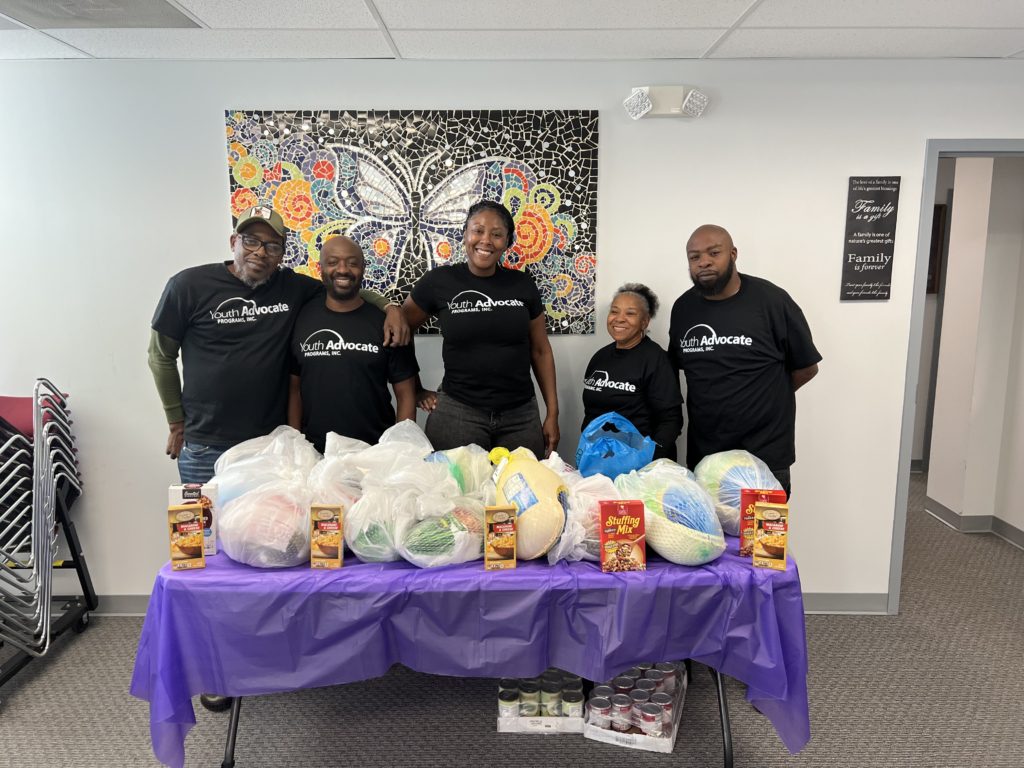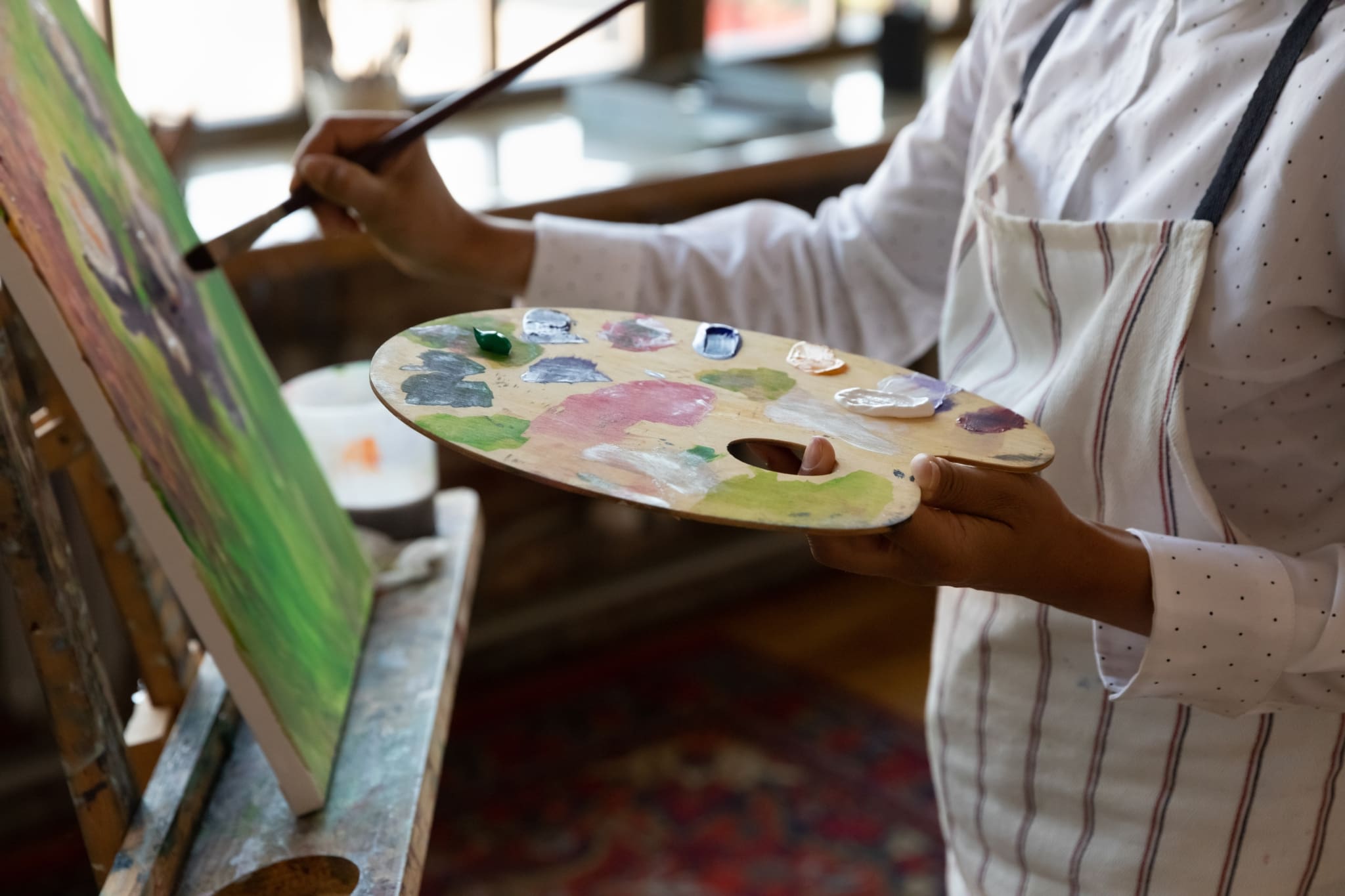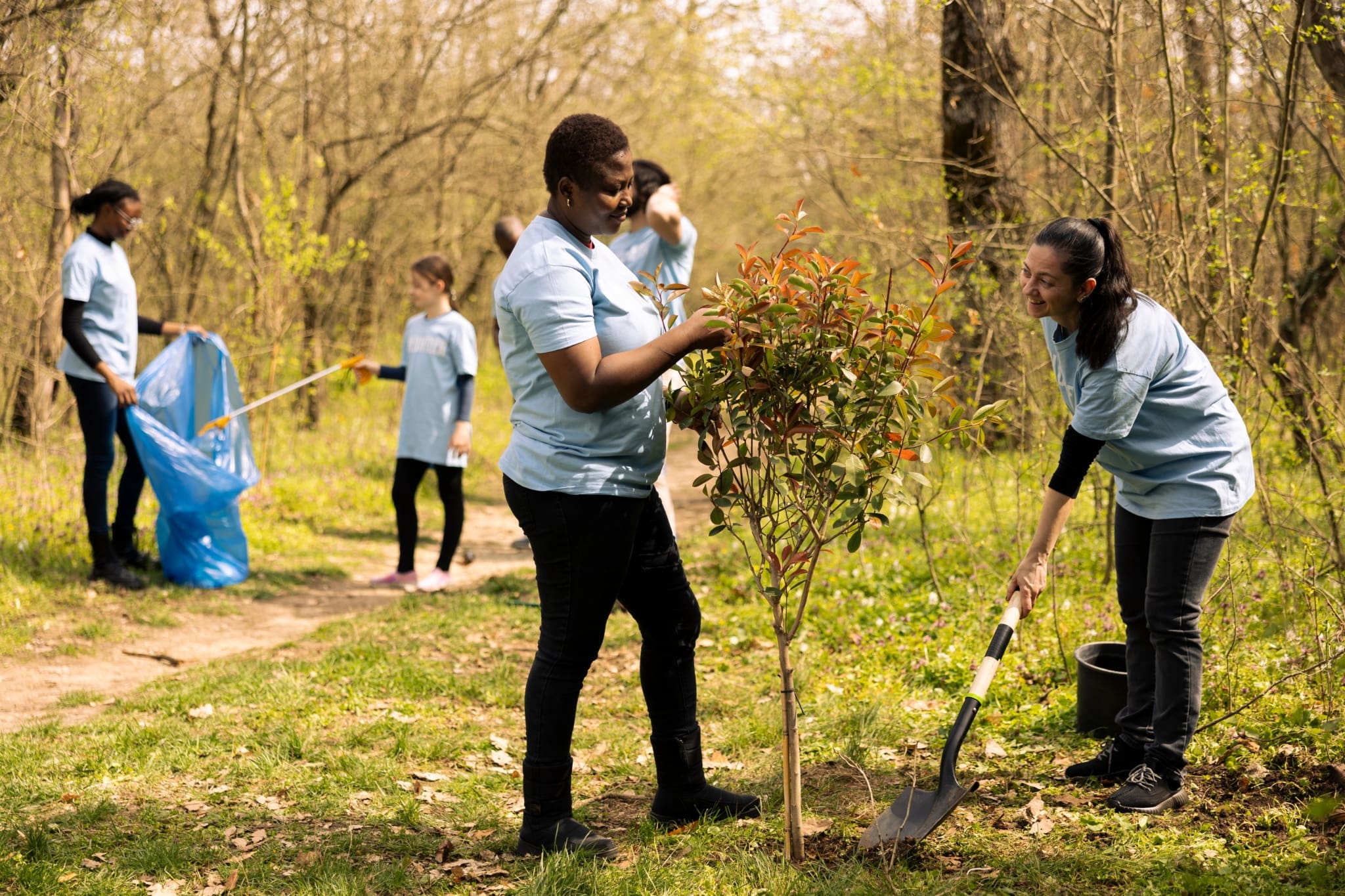Youth Advocate Programs (YAP), a new member of Independent Sector, is a national nonprofit providing community-based alternatives to youth incarceration, congregate placements, and neighborhood violence since 1975. YAP’s mission is to provide individuals who are, have been, or may be subject to compulsory care with the opportunity to develop, contribute, and be valued as assets so that communities have safe, proven, effective, and economical alternatives to institutional placement.
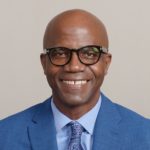
Gary Ivory
Their evidence-based community and family-centered programs serve as a safe, more effective and racially equitable alternative to youth incarceration and congregate residential care. We asked YAP’s President and Interim CEO, Gary Ivory, to tell us more about their work.
IS: Tell us about the communities you serve and how your work helps to advance an equitable and healthy sector and nation where all people can thrive.
GI: YAP partners with youth justice, child welfare, behavioral health, public safety, educational, and other systems to provide community-based alternatives to incarceration, congregate residential care, and neighborhood violence. Community-based services have better outcomes than institutional placements, where youth of color are disproportionately represented.
IS: What are your organization’s core programs that support the community you serve and help strengthen the nonprofit sector?
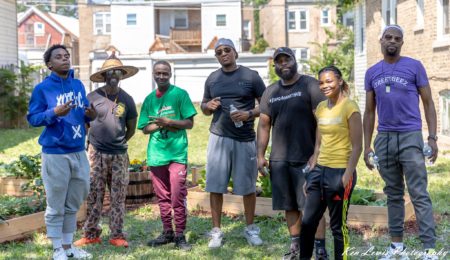
Staff and program participants from YAP Chicago’s Washington Heights Violence Interruption program maintain the community garden they created for the neighborhood to enjoy. Photo courtesy of YAP
GI: YAP’s core programs are community-based youth justice, child welfare, behavioral health, and violence reduction services. These strength-based services involve connecting program participants and their families with accessible economic, educational, and emotional tools that put them on a positive path to meet their individualized goals. YAP’s neighborhood-based Advocates work with nonprofit partners in communities across the U.S. to make these important toolkit connections.
IS: How can collaborating with Independent Sector help you better achieve your mission?
GI: YAP’s mission can only be accomplished with community members collaborating and sharing resources. Our programs are designed to connect young people and their parents/families with accessible economic, educational, and emotional tools to help them meet goals they set in their individualized toolkits. Communities make those resources available.
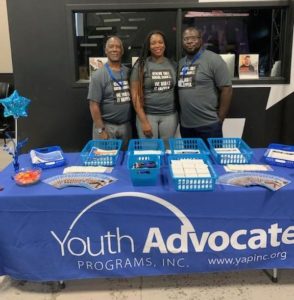
Members of YAP Charleston’s Lowcountry Rising Above Violence project attend a community event to share information about how the violence reduction program works with youth and their families to disrupt violence in Charleston and North Charleston neighborhoods. Photo courtesy of YAP
IS: Tell us about a memorable moment that affirmed how your organization’s work impacts the community you serve.
GI: There are memorable moments every day. The most touching are those young people who receive the YAP Tom Jeffers Endowment Scholarship for Continuing Education. Four years ago, I presented scholarships to young people in our Philadelphia program in an audience that included current program participants. I could see the eyes of those young people light up. Many of them were wearing ankle bracelets. But in their eyes, I saw hope. They saw young people who were in their shoes a few years back who were now on the path of positive pursuits.
IS: What is most special about the community or people you serve?
GI: YAP has a “no reject; no eject” policy. We serve many young people that the system had almost given up on. To see YAP Advocates, hired from the same communities we serve, work tirelessly to empower our program participants with tools to succeed is truly inspirational.
IS: What or who inspires you to be a changemaker?
GI: YAP’s founder, Tom Jeffers, inspires me and many others at YAP to be changemakers as individuals and collectively as YAP staff members.
IS: What would you like people to know about your organization that might surprise them?
GI: People are often surprised by the simplicity of the YAP model and its core principles — individualized service planning; focus on strengths; partnership with parents; cultural and linguistic competence; teamwork; community-based care; unconditional caring; giving back; and corporate and clinical integrity. They are also surprised that YAP has a no reject-no eject policy, meaning that we say yes to every referral from our systems partners and never give up on program participants. YAP’s decades of service include working with many young people whose histories include serious offenses, multiple arrests, and lengthy out-of-home placements. John Jay College of Criminal Justice research found 86 percent of YAP’s youth justice participants remain arrest free, and six – 12 months after completing the program, nearly 90 percent of the youth still lived in their communities with less than 5 percent of participants in secure placement.
Lindsay Marcal is membership manager at Independent Sector. The top photo is courtesy of YAP and shows members of YAP’s Baltimore Group Violence Reduction Strategy (GVRS) initiative. In November, they extended the holiday spirit to the community by giving away turkeys. Learn about other Independent Sector members and becoming a member.
